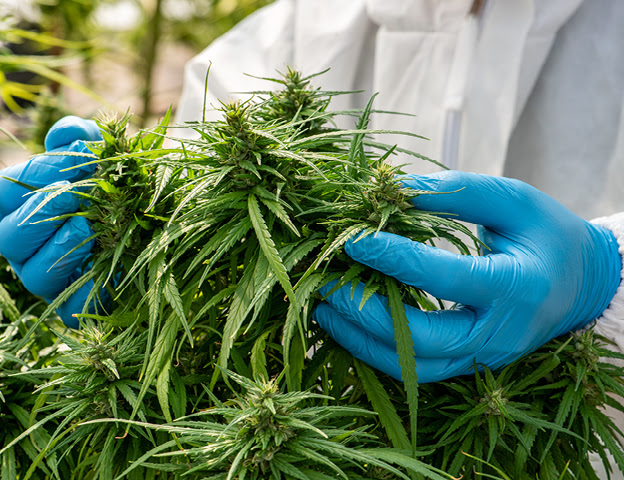When the Canadian government signaled an intention to legalize cannabis for recreational use, eager investors and licensed producers focused on building facilities and obtaining licenses.
The licensing process is rigorous and time-consuming, and penalties for non-compliance can be severe. Participants in the cannabis industry are subject to complex rules and regulations.
Developing appropriate internal controls to ensure oversight of the cash receipt and disbursement processes was not the top priority.
Ensuring proper internal controls were in place to safeguard the accuracy and integrity of financial reporting may not have received the attention it was due.
The industry is now learning lessons regarding the consequences of failing to respect and comply with internal best practices―and external rules and regulations.
Costly lessons in cannabis best practices
Upheaval at CannTrust, found to be cultivating cannabis in facilities not licensed for that purpose, is a cautionary tale―that an application for the particular facility was in process did not mitigate the situation. CannTrust's cultivation and sales license was suspended, and their share price dropped significantly. CannTrust shares dropped from a high of $12.91 on March 18, 2019, to $1.20 on October 7, 2019―a decrease of approximately 90%.
Investor enthusiasm to capitalize on the opportunities in the newly legal cannabis industry played into the hand of fraudsters, too.
On Friday September 13, 2019, the Ontario Securities Commission released a statement of allegations concerning Canada Cannabis Corporation (CCC) and three executives at the company. The thrust of the allegations:
- Executives made misleading statements in an investor brief dated January 16, 2014.
- Investor funds were used for purposes other than those stated in the investor brief.
- CCC failed to make proper disclosures with respect to the status of their application for a license to produce and supply medical cannabis.

The allegations have not been proven in court.
Investor enthusiasm is not uncommon in startup operations. Entrepreneurs are driven by vision―and, often, they have a singular focus on achieving results. Unless one of the principals in the startup has a financial-accounting background, it is unlikely the accounting process is considered more than an overhead function.
The fraud triangle
The Canadian Cannabis market is very susceptible to fraud.
Forensic accountants often refer to the fraud triangle, three elements that create an optimal environment for fraud to occur:
- Opportunity
- Motivation or pressure
- Rationalization
The flood of investor capital, the absence of internal control, the high level of trust without established oversight mechanisms all point to an elevated level of opportunity.
The rush to get to market, to build facilities and obtain licences, created motivation (or pressure) to behave improperly.
Improper behavior can be rationalized. Common rationalizations allow fraudsters to convince themselves that they are not doing anything wrong:
- “It's just a loan, I'll pay it back later.”
- “I work a lot of overtime―I've earned this.”
- “It's for the good of the company.”
Preventing and detecting fraud
To reduce the risk of fraud, all companies―startups, scaleups, or mature businesses―need a balance of prevention controls and detection controls.
Prevention controls are designed to prevent the loss from occurring in the first place. Prevention controls include:
- Code-of-ethics policies (extending to suppliers)
- Segregation of duties
- Restricted signing authority on bank account(s)
- Dual-signature requirement(s) on payments above a determined threshold
- Unused cheques stored in a secure location
- Payments not issued unless an invoice is approved by an appropriate principal
- Electronic access to bank account(s) restricted to key personnel
Detection controls are designed to identify improper activity when it occurs, or within a reasonable period of time after an occurrence. Detection controls include:
- Bank reconciliations
- Internal audits
- Preparation of, and management to, budgets (operating and capital expenditure)
- Period-to-period analytical reviews
- Whistle-blower hotlines
How BDO can help
Not all fraud can be prevented—employee collusion or management override can frustrate almost all prevention controls. BDO professionals with cannabis-industry experience can assess your fraud risk and develop appropriate internal controls specific to your business.
If your organization has been the victim of some form of fraud, or you are a concerned shareholder or board member, BDO can offer deep understanding of the nuances of fact-finding investigations and the importance of efficiently and effectively collecting reliable evidence.
We offer a full complement of Risk Advisory, and Investigative and Forensic Accounting services. Contact us.